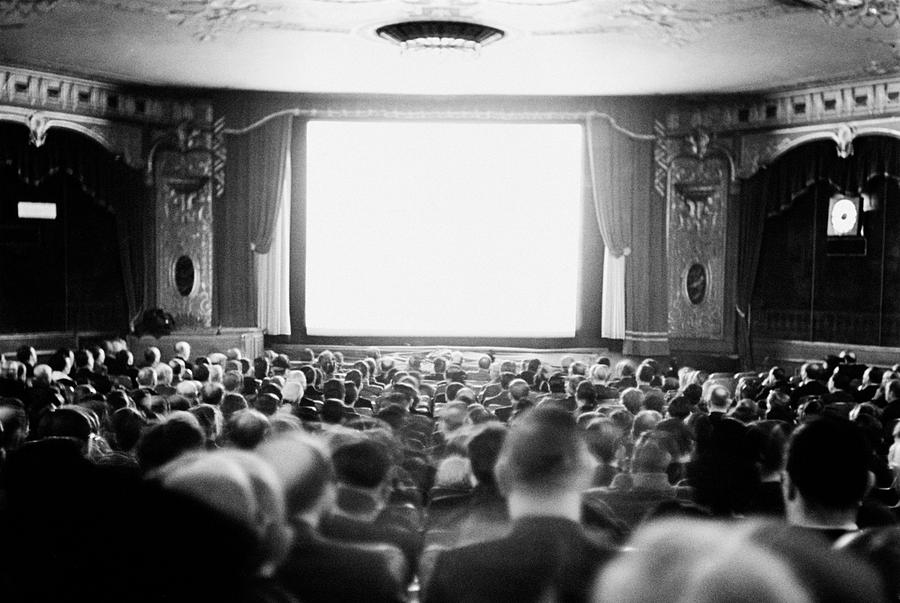
I’m thinking about canceling my Netflix subscription. Why? Why not a little history first?
Years ago people would dress up to go to a stage play. Attending the theater was a special occasion, a way to relax after a hard week, or even month of labor. With the advent of cinema nothing much changed. Most people treated movies like they treated theater—as a special night of entertainment. Going to the movies was still at most a once a week event, and people still dressed up.
Television changed everything. Suddenly there was dramatic entertainment available in the home every day. The only thing that kept television from becoming an all-consuming activity for it’s viewers was the scheduling—there wasn’t always something you wanted to watch on, and you had to wait a day or even a week to see the next episode of your favorite show. Even the most couch-bound kids would get bored of the cooking and home improvement shows that came on in the afternoon after the cartoons, and would go outside to play. I know. I was one of those bored kids.
Now that on-demand television and web streaming services like Netflix are available, everything you ever wanted to watch is available whenever you want to watch it, and people are really and truly having their lives consumed by entertainment—they’re becoming chronic streamers.
If you are a streamer, your day might go something like this: wake up in the morning after a late night of streaming, watch the latest humorous videos on Facebook before breakfast, drive to work, catch up on some of your favorite shows during lunch, drive home, watch some more of your favorite shows during supper, enjoy your evening watching the new hit shows you haven’t seen yet. Suddenly it’s midnight and you’re exhausted. Go to sleep to music or a podcast on your earbuds. Wake and repeat.
This lifestyle is truly nightmarish. For the chronic streamer, life is what happens on screen and real life is just the annoyances in between. This movement in our society is creating a world similar to Henry Miller’s “air-conditioned nightmare,” a world completely consumed by the foolishness of melodrama, the unhealthiness of a sedentary life, and the moral and spiritual destructiveness of complete self-absorption.
There’s nothing wrong with cinema. As a matter of fact, I believe that a well-made, truthful film can be a great force for good in our world. There’s also nothing wrong with melodramatic or comedic television when consumed in small portions. Sometimes we need a little melodrama or a little pulpy action in our lives to refresh our imaginations and emotions. It’s when a special night of entertainment becomes a life consumed by it that things go south. When we replace the wisdom of God’s Word with the wisdom of the young attractive actors we follow daily, when we replace fellowship with the people around us with watching the people on our screens, we shouldn’t be surprised when our lives are suddenly dull and meaningless, when we don’t have the energy to leave our houses or spend time with our families or reach out to friends. This streaming culture is destroying us.
Sure, if I just employed a little self control, having a Netflix subscription would be fine. It’s great to have access to so many good films, and I could always just keep my subscription and only watch one film or TV episode a week; but I just don’t know if I trust myself. For me, streaming is the ultimate opiate, a plunge into a never-ending world of entertainment pleasure. As a filmmaker, that world is doubly tempting because it’s full of inspiring art. But how much good is inspirational art if there’s no time to use it to create my own? Just like alcohol, I’d much rather be limited by responsible social consumption, by treating film and television like it’s supposed to be treated: as special night out after a long week of good hard work.
